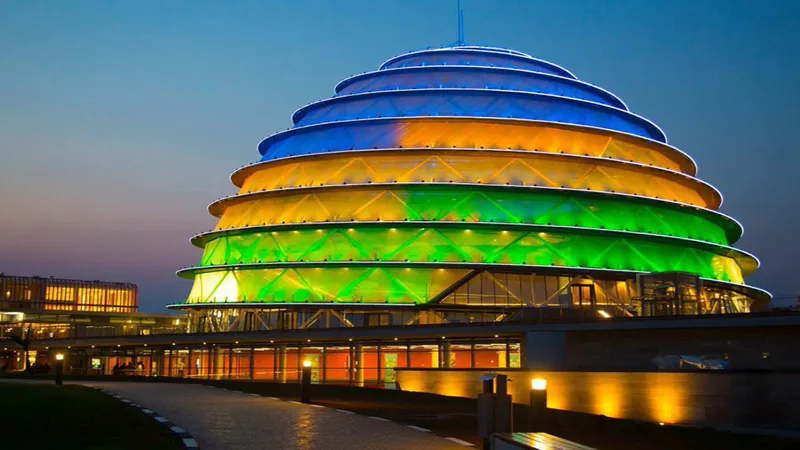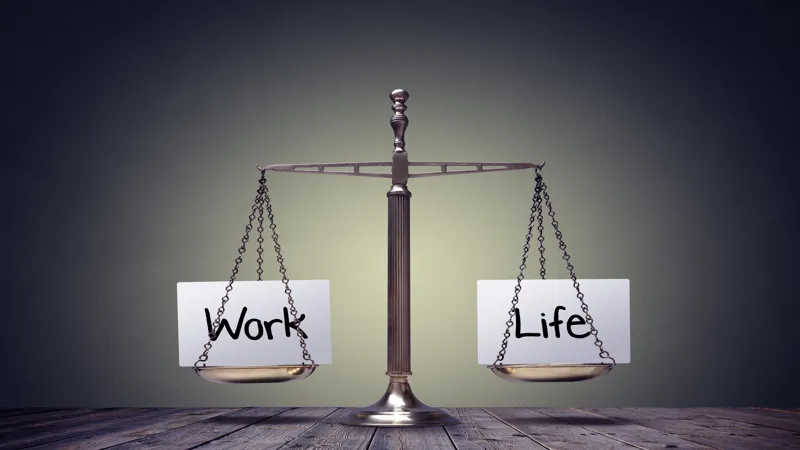Rwanda’s narrative is a powerful testament to resilience and transformation, yet it remains overshadowed by its tragic past. Once synonymous with the horrific genocide of 1994, this East African nation has undergone a remarkable metamorphosis over the past three decades, emerging as one of Africa’s most captivating tourist destinations. In this episode, we delve into Rwanda’s rebirth, exploring how strategic investments in tourism, infrastructure, and cultural initiatives have reshaped its identity. Join us as we uncover the complexities of this story, highlighting the vibrant life in Kigali and the multifaceted impact of tourism on the Rwandan economy and society.
| Aspect | Details |
|---|---|
| Historical Context | Rwanda experienced a brutal genocide in 1994, resulting in the deaths of around 800,000 people, primarily from the Tutsi minority. |
| Current Tourism Status | In 2023, Rwanda attracted over 1.4 million tourists, making tourism a significant part of its economy. |
| Tourism Development | Rwanda has invested in infrastructure, museums, and international marketing to grow its tourism sector. |
| Kigali City Description | Kigali, the capital, is lively with markets, restaurants, and a mix of traditional and modern elements. |
| Tourism Impact | Tourism generated over $620 million in revenue in 2023 and is the largest source of foreign currency for Rwanda. |
| Cultural Revival | Artists like Mighty Popo and filmmakers like Aimée Umutoni are working to revive Rwanda’s cultural scene post-genocide. |
| Government’s Role | President Kagame has led Rwanda’s recovery and development, aiming for a knowledge-based economy. |
| Challenges | Concerns exist around authoritarian governance, human rights abuses, and the perception of Rwanda’s development being oversimplified. |
| Tourism Strategy | Rwanda has diversified its tourism offerings beyond ecotourism, including events at the Kigali Convention Center. |
| Marketing Approach | Partnerships with international sports teams and events have been used to promote Rwanda as a travel destination. |
| Community Empowerment | Local cooperatives empower women by teaching skills and providing income through tourism activities. |
Rwanda: A Nation Rebuilt
Rwanda has come a long way since the tragic genocide of 1994. Today, it stands as a symbol of resilience and recovery, showcasing how a nation can rebuild itself from the ashes of conflict. With investments in infrastructure and tourism, Rwanda has transformed into an attractive destination for visitors. The Kigali Genocide Memorial plays a crucial role, serving as a poignant reminder of the past while also promoting a message of hope and unity for the future.
The transformation of Rwanda is not just about physical structures; it’s about creating a new identity. Under the leadership of President Kagame, the government has focused on developing a knowledge-based economy. These efforts have led to a surge in tourism, with visitors flocking to experience the beauty of the land and learn about its rich history. This rebirth is a testament to the strength and determination of the Rwandan people.
Frequently Asked Questions
What is Rwanda known for today?
Rwanda is known for its stunning landscapes, vibrant culture, and booming tourism industry, especially for gorilla trekking, making it a top destination in Africa.
How has tourism impacted Rwanda’s economy?
Tourism significantly boosts Rwanda’s economy, generating over $620 million in 2023 alone and creating numerous jobs while attracting over 1.4 million visitors.
What steps has Rwanda taken to promote tourism?
Rwanda has built new infrastructure, launched marketing campaigns, and partnered with international brands to rebrand itself as a premier travel destination.
How does Rwanda address its historical genocide?
Rwanda confronts its genocide history through memorials and education, aiming to promote unity while ensuring the past is remembered and learned from.
What role does art play in Rwanda’s recovery?
Art is vital for Rwanda’s recovery, helping restore cultural vibrancy and offering a platform for expression, healing, and community engagement.
Why should tourists visit Rwanda?
Tourists should visit Rwanda for its breathtaking scenery, rich culture, and the chance to meet friendly locals, all while supporting sustainable tourism.
What challenges does Rwanda face despite tourism growth?
Rwanda faces challenges like human rights concerns and political criticism, making its development narrative more complex than just a success story.
Summary
Rwanda, once known for its tragic genocide 30 years ago, has transformed into a vibrant tourist destination. Significant investments in infrastructure, museums, and international marketing have attracted over 1.4 million visitors in 2023, boosting the economy. Kigali, the capital, showcases a mix of local culture and modern development, with lively markets and new facilities. However, the nation’s progress is complex, as it grapples with its past while facing scrutiny over human rights issues. Despite this, many Rwandans believe tourism has positively impacted their lives, highlighting the importance of balancing growth with accountability.



